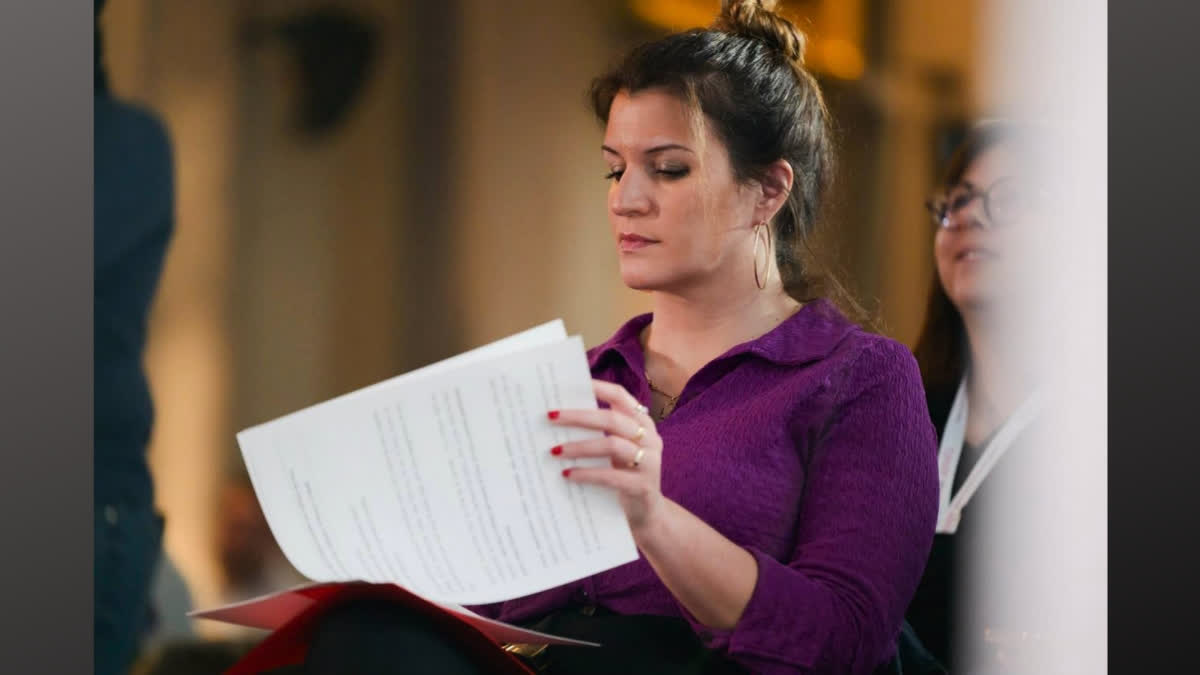Marlene Schiappa, the French Minister for the Social Economy and French Associations, has received backlash from members of her own party and criticism from the French Prime Minister, Elisabeth Borne, after posing for the cover of Playboy magazine. Schiappa, who has been a government minister since 2017 and is a long-time advocate for women's rights, appeared on the cover of the magazine to accompany a 12-page interview she did on women's and LGBT rights.
Schiappa has been a key figure in spearheading new laws on gender equality in France, including a sexual harassment law which allows for on-the-spot fines to be issued to men who catcall, harass or follow women on the street. However, her appearance on the cover of Playboy has drawn criticism from political colleagues, who have described it as inappropriate, particularly in light of the ongoing political and social crisis in France, sparked by President Emmanuel Macron's controversial pension reforms, which have faced widespread public opposition.
Schiappa's decision to pose for Playboy has been viewed as a publicity stunt by some, and has been met with criticism from both the left and right wings of French politics. Despite this, Schiappa has defended her decision to appear on the cover of the magazine, taking to Twitter to proclaim her support for women's rights and abortion, stating that "Defending the right of women to do what they want with their bodies: everywhere and all the time."
In her twitter handle Schiappa wrote – “Défendre le droit des femmes à disposer de leurs corps, c’est partout et tout le temps. En France, les femmes sont libres. N’en déplaise aux rétrogrades et aux hypocrites. (Defending the right of women to dispose of their bodies is everywhere and all the time. In France, women are free. With all due respect to the backsliders and the hypocrites.)
Playboy has defended its decision to feature Schiappa, stating that the spread will appear in its French-language edition, and that the magazine has a long history of promoting gender equality and women's rights. However, the controversy surrounding Schiappa's appearance on the cover of the magazine has raised questions about the role of politicians in promoting social issues and the boundaries between personal and professional life.
Schiappa's appearance on the cover of Playboy has also sparked debate about the role of women in politics, with some arguing that her decision to pose for the magazine undermines her credibility as a politician and detracts from her message on women's rights. Others have defended Schiappa, arguing that women should be free to make their own choices about their bodies and that Schiappa's appearance on the cover of Playboy does not detract from her message on gender equality.



